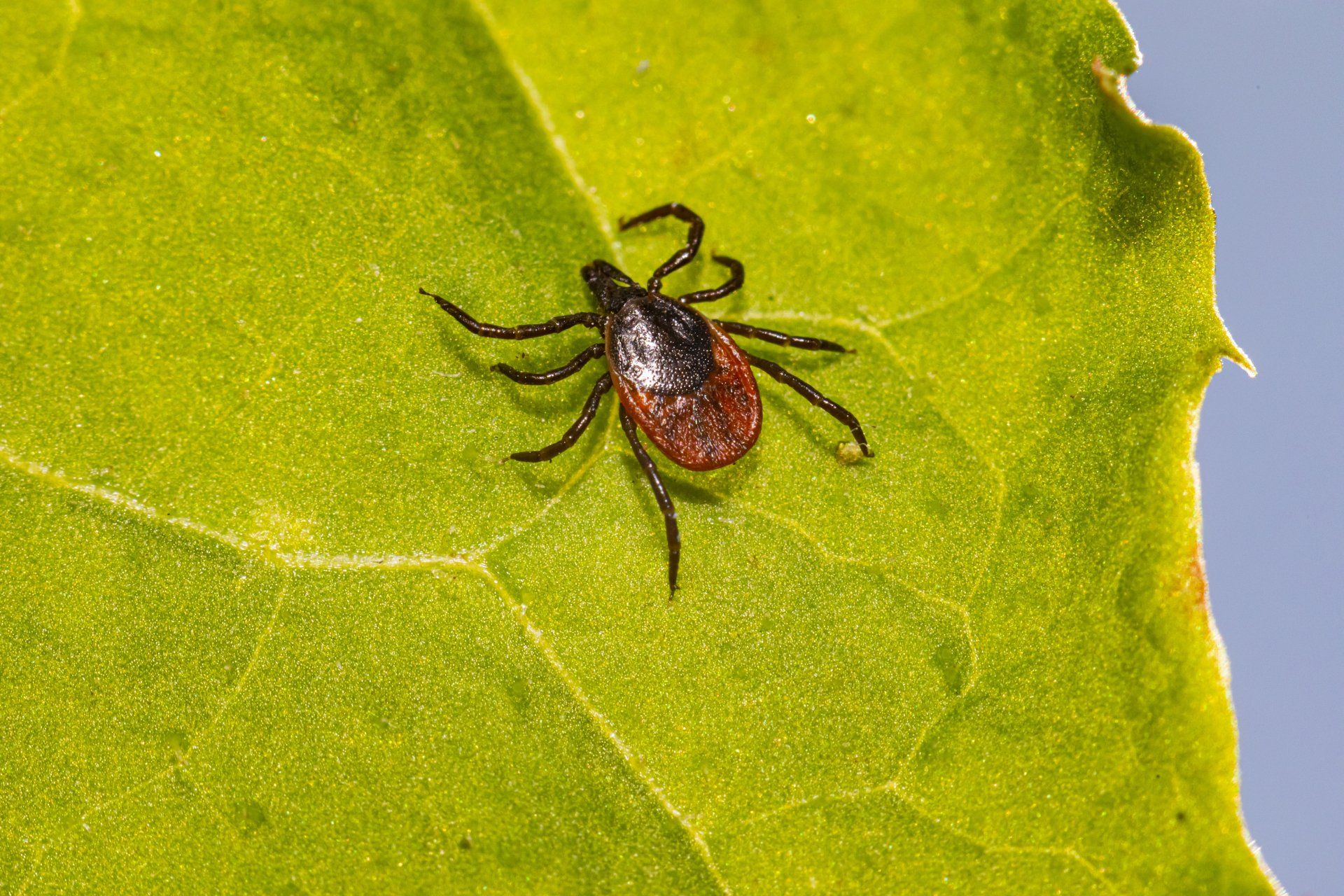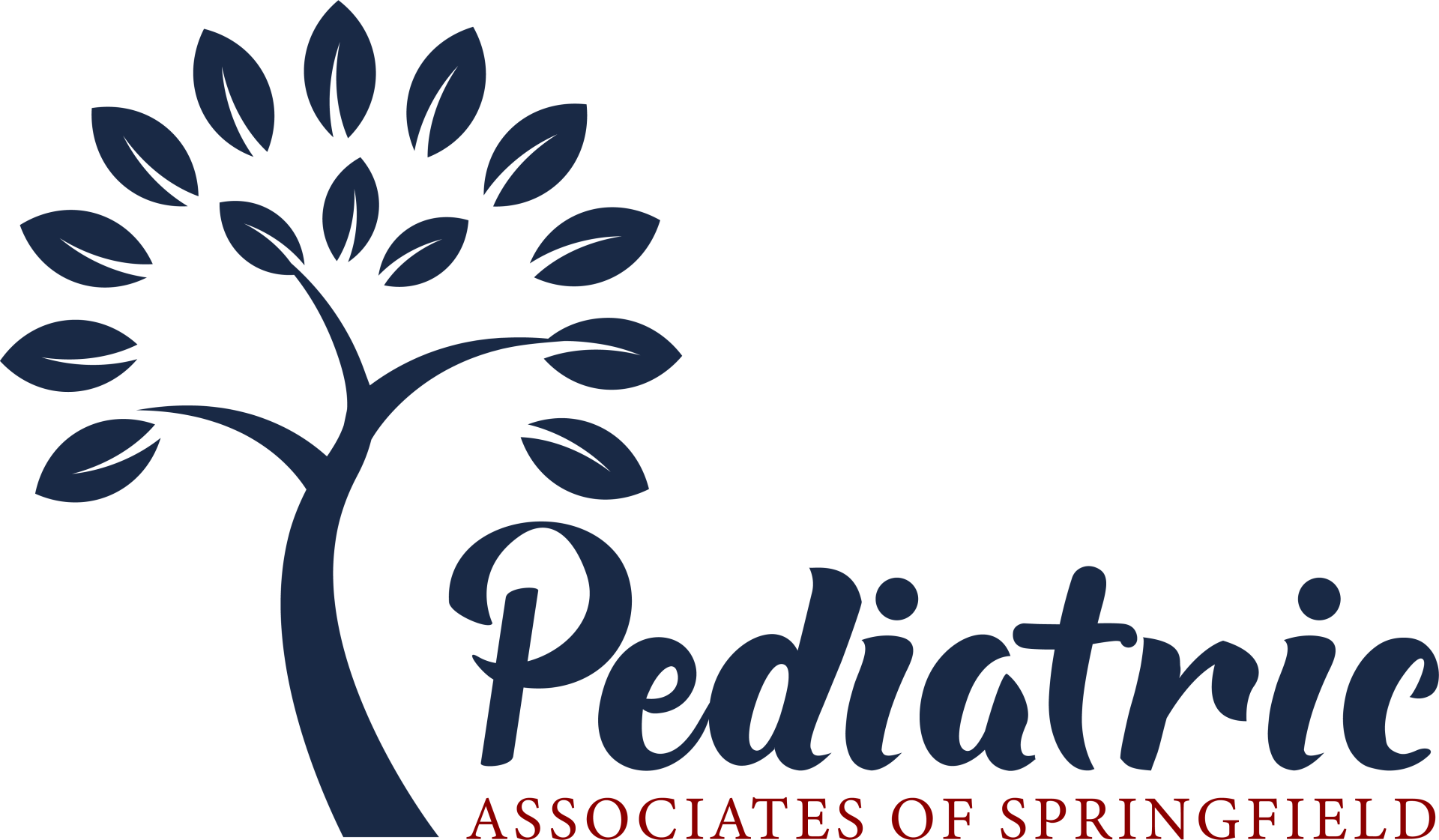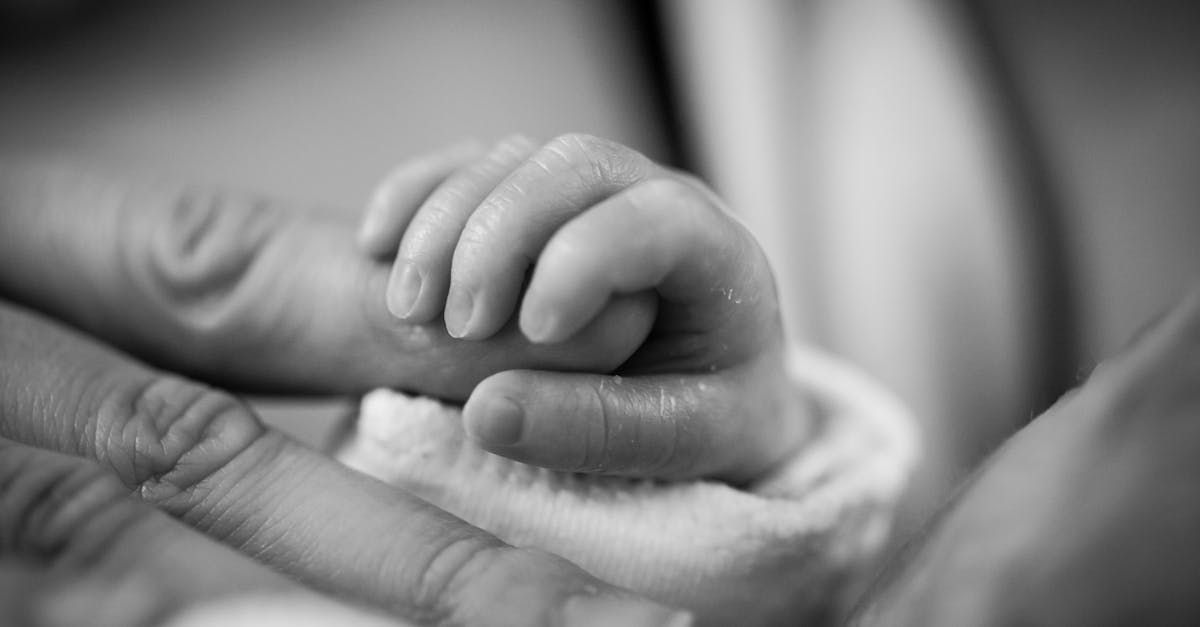Seizures in Children
Seizure disorder and epilepsy are conditions that affect brain activity. Seizures are sudden bursts of electrical activity in the brain that can cause changes in behavior, movement, and sensation. Seizure disorder and epilepsy can happen to anyone, but they are more common in children.
Seizures can happen for many different reasons. Some children are born with a seizure disorder or develop it at a young age, while others may have a seizure because of a brain injury or infection. Seizures may be associated with other conditions and sometimes run in families. In some cases, the cause of seizures is unknown.
Epilepsy is a type of seizure disorder that is characterized by recurring seizures. Seizures that happen more than once are considered epilepsy. In children, epilepsy is one of the most common neurological disorders.
There are many different types of seizures, and each type can have different symptoms. Some common symptoms of seizures include:
• Loss of consciousness
• Jerking or twitching of the muscles
• Staring spells
• Confusion or disorientation
• Unusual behavior
• Sudden fear or feelings of déjà vu
If you suspect that your child may have a seizure disorder or epilepsy, it is important to seek medical help. A doctor will be able to diagnose the condition and recommend treatment options.
Treatment for seizure disorder and epilepsy typically includes medication, which is used to control seizures and prevent them from happening. The most common medications used to treat epilepsy are called antiepileptic drugs. These drugs work by changing the way electrical signals move through the brain to make seizures less frequent.
In addition to medication, there are other ways to help control seizures. For example, a special diet called the ketogenic diet has been shown to be effective in controlling seizures in some children. Surgery may also be an option for some children with epilepsy.
It's important to remember that seizure disorder and epilepsy can be managed. With the right treatment, children with these conditions can lead normal and healthy lives.
If your child has been diagnosed with seizure disorder or epilepsy, it's important to work closely with their healthcare team to manage the condition. This may include regular check-ups and adjustments to treatment as needed. It is also important to educate yourself and your child about the condition, its triggers and warning signs, and how to respond in case of a seizure. It is also important to be aware of the possible impact that seizures can have on the child's academic and social life, you can work with the school to make accommodations if needed.
If your child is experiencing seizure or seizure-like symptoms, you can talk to their doctor and work together to come up with a treatment plan. You can learn more about seizure and epilepsy through this link from the Cleveland Clinic.
Kevin Luton MS3 University of Missouri School of Medicine Springfield Clinical Campus










